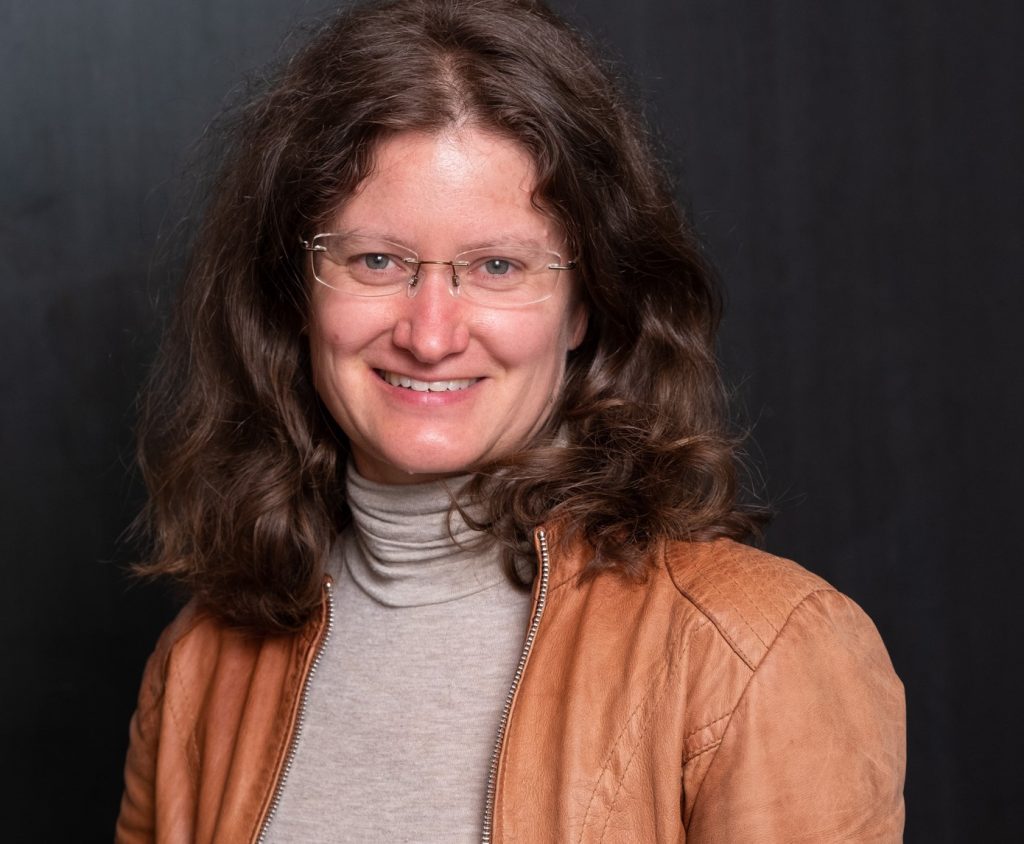Felicitas Mokler to be “Journalist in Residence” at HITS
The Heidelberg Institute for Theoretical Studies gives science journalists the opportunity to deepen their knowledge of computer-based, data-driven science with a longer stay at the institute. For the sixth time, the program was announced internationally. Candidates from six continents applied. A committee of science journalists and scientists selected Felicitas Mokler (Germany) as “HITS Journalist in Residence” for 2024.
German science journalist and author Felicitas Mokler will be the next “Journalist in Residence” at the Heidelberg Institute for Theoretical Studies (HITS). She will join the institute in April 2024.
Felicitas Mokler is an award-winning science journalist and book author. A trained scientist with a PhD in astrophysics, she works as freelance journalist and writes for German-language newspapers and journals. She co-founded the online magazine “Die Weltraumreporter” (space reporters) and wrote several popular science books on astronomy.
Even as a doctoral student, Felicitas Mokler was successful in communicating scientific content. She won the KlarText Prize for Science Communication from the Klaus Tschira Foundation in 2008, with an article on “planet formation on the space station”, in which she reported on her PhD research. After several years as a researcher and communication officer in scientific institutions, she dedicated herself to science journalism, first as an editor of the magazine “Sterne und Weltraum” and then as a freelance author since 2014. Her articles have appeared in „Spektrum der Wissenschaft“, “Neue Zürcher Zeitung“ and “Frankfurter Allgemeine Zeitung“, among others. In 2017, she co-founded the online magazine “Die Weltraumreporter” as part of the journalism cooperative “RiffReporter.” As a book author, she has written several works on astronomy, most recently “Die Evolution des Universums” (2022).
During her stay at HITS, Felicitas Mokler wants to deepen her knowledge in data mining and machine learning. “These methods are closely related to my work as a science journalist as we need them to analyze and process huge data amounts – not only in astrophysics but also in other topics like medicine, meteorology or climate change.” Mokler is particularly interested in uncertainty of computational models: “I would like to use my stay to develop a concept on how to deal with uncertainties in scientific results as a journalist and how to communicate them to the general audience.”
To date, eleven journalists from Canada, Australia, India, the U.S., Spain and Germany have been awarded the HITS fellowship — which started in 2012 with the award-winning German science journalist Volker Stollorz, now chief editor of the German Science Media Center in Cologne ( https://www.sciencemediacenter.de/en/), an organization run by journalists that provides journalists with what they need.
HITS is a private, non-profit basic research institute. It was founded by the Klaus Tschira Foundation in 2010. At HITS, currently around 130 scientists from more than 40 countries work in 13 research groups in areas where large amounts of data are produced and processed – from Molecular Biology to Astrophysics. One of the institute’s aims is to make the public more aware of the importance of computer-based, data-driven science, especially in natural sciences.
Press Contact:
Dr. Peter Saueressig
Head of Communications
Heidelberg Institute for Theoretical Studies (HITS)
Phone: +49-6221-533-245
peter.saueressig@h-its.org
http://www.h-its.org/
About HITS
HITS, the Heidelberg Institute for Theoretical Studies, was established in 2010 by physicist and SAP co-founder Klaus Tschira (1940-2015) and the Klaus Tschira Foundation as a private, non-profit research institute. HITS conducts basic research in the natural, mathematical, and computer sciences. Major research directions include complex simulations across scales, making sense of data, and enabling science via computational research. Application areas range from molecular biology to astrophysics. An essential characteristic of the Institute is interdisciplinarity, implemented in numerous cross-group and cross-disciplinary projects. The base funding of HITS is provided by the Klaus Tschira Foundation.
